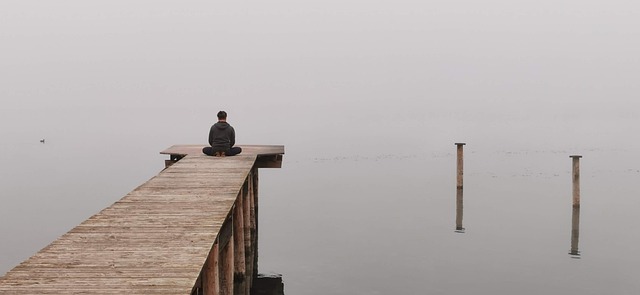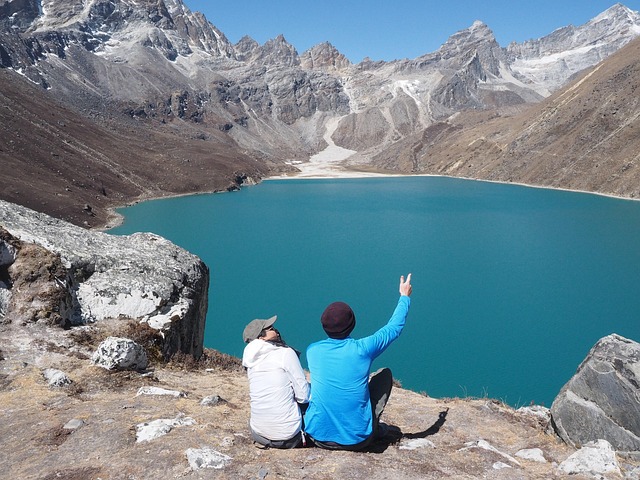Effective counseling for Change Academy at Lake of the Ozarks Institute (CALO) victims focuses on addressing unique emotional and psychological scars, including PTSD, low self-esteem, and fear of re-traumatization. Creating safe spaces and personalized interventions are vital for healing, aiming to empower survivors to rebuild their lives and regain control. Specialized support services, including counseling, support groups, and community outreach, are crucial for long-term wellness.
Many survivors of the Change Academy at Lake of the Ozarks Institute (CALO) seek counseling to process their unique experiences. This article explores the vital role of therapeutic support in aiding CALO victims’ healing and recovery. We delve into understanding the specific needs of these survivors, examine the benefits of counseling, and provide an overview of available resources for long-term wellness. By addressing these aspects, we aim to highlight the importance of comprehensive support services for CALO Institute survivors.
- Understanding CALO Institute Survivors' Unique Needs
- The Role of Counseling in Healing and Recovery
- Support Services and Resources for Long-Term Wellness
Understanding CALO Institute Survivors' Unique Needs

Understanding the unique needs of CALO Institute survivors is paramount in providing effective counseling and support. The Change Academy at Lake of the Ozarks (CALO) Institute, a facility known for its controversial practices, has left many individuals with complex emotional and psychological scars. Survivors may struggle with feelings of isolation, trust issues, and difficulty re-adjusting to society after their experience within such an intense environment.
Counselors and support systems must be sensitive to the fact that these individuals have likely faced extreme forms of manipulation, control, and potential trauma. Tailoring interventions to address specific challenges like post-traumatic stress, low self-esteem, and fear of re-traumatization is essential. Creating a safe, non-judgmental space for survivors to share their experiences, express emotions, and gradually rebuild trust can significantly contribute to their healing process.
The Role of Counseling in Healing and Recovery

Counseling plays a pivotal role in the healing and recovery process for survivors of the Change Academy at Lake of the Ozarks (CALO) Institute, an institution notorious for its abusive practices. After experiencing trauma, individuals often struggle with complex emotions, flashbacks, and difficulties reintegrating into society. Professional counseling provides a safe space for CALO survivors to process these experiences, fostering emotional regulation and mental well-being.
Through individualized therapy sessions, survivors can explore their feelings, understand the impact of their experiences, and develop coping strategies tailored to their unique needs. Group counseling sessions also offer valuable support, allowing individuals to connect with others who share similar histories, fostering a sense of community and reducing feelings of isolation. The goal is not only to address past traumas but also to empower survivors with the tools they need to rebuild their lives, regain control, and move towards a brighter future.
Support Services and Resources for Long-Term Wellness

After a traumatic experience, the journey towards healing and long-term wellness is essential for CALO (Change Academy at Lake of the Ozarks Institute) survivors. Access to comprehensive support services plays a pivotal role in their recovery process. Many organizations and initiatives have recognized the need for specialized care and resources tailored to assist victims in rebuilding their lives.
These support systems offer a range of services, including counseling sessions, support groups, and community outreach programs designed to foster resilience and adaptability. The goal is to empower survivors with coping mechanisms, provide safe spaces for sharing experiences, and help them develop healthy strategies for managing trauma’s lasting effects. Such resources are invaluable in ensuring that CALO victims not only survive but thrive in the aftermath of their traumatic encounters.
Survivors of the Change Academy at Lake of the Ozarks (CALO) Institute face unique challenges on their path to healing. This article has explored the critical role of counseling in facilitating recovery and highlighted essential support services for CALO survivors’ long-term wellness. By understanding their specific needs, we can provide targeted resources that empower victims to rebuild their lives, ensuring they are equipped with the tools necessary to thrive beyond their traumatic experiences.
